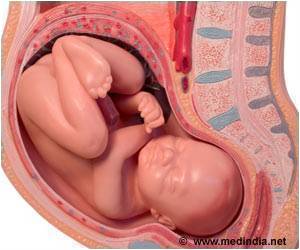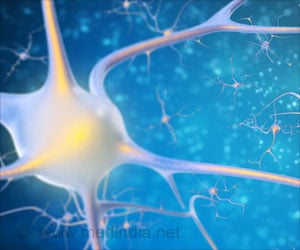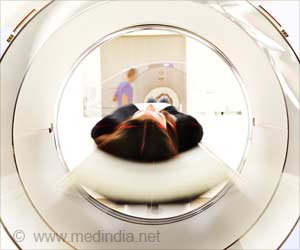Placenta-on-a-chip consists of maternal cells and fetal cells filled in two different chambers to study the placental process and disorders in pregnancy.

The device on a micro-level, mimics the structure and function of the placenta. It consists of two tiny chambers one filled with placental cells and the other filled with fetal cells harvested from a human umbilical cord.
“The chip may allow us to do experiments more efficiently and at a lower cost than animal studies. We hope this technology may lead to better understanding of normal placental processes and placental disorders,” said Roberto Romero, the chief of the perinatology research at the National Institute of Child Health and Human Development, in a statement.
To test the model, the researchers infused glucose into the maternal chamber which transferred to the fetal chamber through the semi-permeable membrane, proved the device successful in mirroring what actually happens during an everyday process necessary for converting carbohydrates into energy.
The researchers hope to develop new drugs that are safe for pregnant women and understand the physiology of placenta to improve pregnancy management.
Source-Medindia















